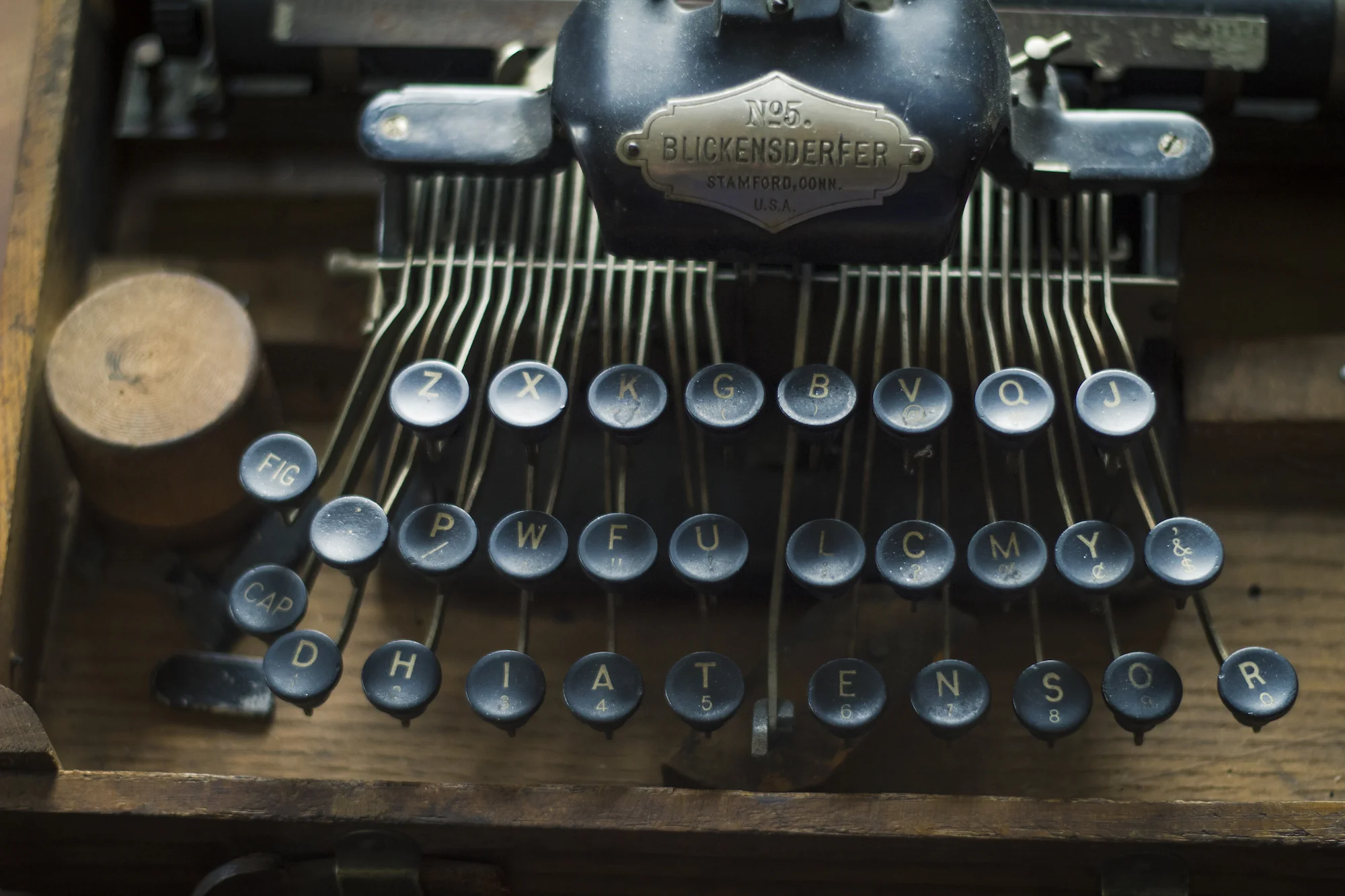 I was talking with a friend of mine about a month ago, and we got around to comparing The Prestige to The Illusionist. Both films came out at about the same time, they're both historical dramas about turn-of-the-20th-century magicians, they both center around that "are they for real?" question that surrounds magician movies, and they both have surprise endings. But I hadn't seen both movies. I'd only seen Prestige.
I was talking with a friend of mine about a month ago, and we got around to comparing The Prestige to The Illusionist. Both films came out at about the same time, they're both historical dramas about turn-of-the-20th-century magicians, they both center around that "are they for real?" question that surrounds magician movies, and they both have surprise endings. But I hadn't seen both movies. I'd only seen Prestige.
My friend, who I will never trust again, told me that he enjoyed Illusionist much more. "I liked 'em both, but The Illusionist is actually a better movie." I added the film in Netflix, my queue rolled around to it this week, and I finally watched it last night.
It's not in the same league as The Prestige. It's not even close. I'll prove it to you.
Here's 5 Reasons The Prestige is Way, Way Awesomer than The Illusionist:
1. Ace Director Christopher Nolan Beats First-Time Director Neil Burger Any Day of the Week. Lessee here, before directing Prestige, Nolan directed the film school told-in-reverse whodunit classic Memento, followed by Insomnia, a creepy study of sleepless guilt starring an even creepier Robin Williams, and the finest superhero movie of all time, Batman Begins. Burger made a mockumentary five years ago. You gotta check the pedigree before you spend your cash, folks.
I could've followed that last sentence with about 6,000 tasteless sex jokes, but I held it in check. Barely. Wow, that was close.
2. The Acting In The Illusionist Isn't On The Same Par As The Prestige. You question me? Well, you should, because the phrase "on the same par" doesn't exist in our written language. But you also might put forward the valid point that Illusionist stars gifted thespian Ed Norton and fiery indie favorite Paul Giamatti, and so maybe I should rethink my premise before I give Piper Perabo too much credit and make a fool of myself. But you are wrong.
You see, Norton and Giamatti pitched their performances as if they were acting in a movie on a giant scale, a story where the characters tilt the very direction of history, the wrench in the cogs that breaks the machine. Illusionist never reaches that point, it stays small and intricate, a study of mystery in a bigger world. But I don't think anyone ever told the actors, who stay in Epic Mode. If the movie around them matched up, I think I'd find their performances far more dynamic.
Too many terrible things have already been said about Jessica Biel throughout her career, and I refuse to add to them. I thought she was perfectly acceptable in her role, and it would be nice to see her get some meatier roles like this in the future. Good luck to her on that front, though. I'll throw five dollars down right now that she's Thankless Role #3 next year in whatever horror Michael Bay's got coming down the pipe.
 In contrast to all of this, Michael Caine gives us a characteristically perfectly paced performance to counterbalance the intensity of Hugh Jackman and Christian Bale focusing very hard for an entire movie. The pathos of their self-loving dedication is surprisingly bittersweet, though, considering that both of them spend much of the plot saying to themselves, "hey, how can I f--- that other guy over?" Except they say it in a very 1900's fashion.
In contrast to all of this, Michael Caine gives us a characteristically perfectly paced performance to counterbalance the intensity of Hugh Jackman and Christian Bale focusing very hard for an entire movie. The pathos of their self-loving dedication is surprisingly bittersweet, though, considering that both of them spend much of the plot saying to themselves, "hey, how can I f--- that other guy over?" Except they say it in a very 1900's fashion.
In both movies, the female leads are secondary, but they still carry a good bit of weight for what are essentially penis-measuring movies, if you know what I mean. And while I'm not saying anything against Biel, it's not like her performance can stand up against combined efforts of Perabo, Scarlett Johansson, and Rebecca Hall. Honestly, I don't think she could've stood up against any of 'em, but let's leave that be.
And here's the knockout punch - eccentric yet spot-on performances by Andy Serkis and David Bowie. Bam - it's over. Someone tell the round card girls they can go home.
3. The Magic is Cooler. We get one good magic show out of Norton, and then he sits and stares at a mirror on stage for the rest of the movie. Prestige gives us people shooting each other, and creepy stunt doubles, and blind stagehands, and a lot of dove-crushing.
4. It's Cinco de Mayo, And I Can't Do A List With Only Four. But I'm lazy and I don't want to come up with another reason. So, yeah, this one here's a throwaway, folks.
5. The Surprise Ending. I'm not giving anything away, but I've had half a dozen conversations with people mentioning that when Prestige finished, they wanted to go back to the beginning and watch the whole thing again, and seriously considered just sitting in the theater and waiting for the next showing to begin. I myself found that I would suddenly remember a line of dialogue from the movie a month later, and say "oh... that's what that meant, I thoug... oh, wow!" Watching The Illusionist isn't like that. When the shocking ending is revealed, it's... how can I say this without giving anything away?
Oh yeah, it flat-out sucks.
 Peracchio transcribed my last post into "jive," which I've always thought is slang for a certain sort of black dialect, but as I can best figure it in this context, means "how black people talk in 70's cop movies." I giggled for hours after reading it, and then started to worry about what kind of crazy time he had on his hands to develop this. But someone was in my office chatting with me and said "oh, they've got translators for that sort of thing online." So I ran a search and found some, and was relieved that Peracchio's new job giving press releases about vein disorders (really) hadn't exploded his head after all. Then I started trying translating myself. Here's a best of list for the best translations of the following phrase:
Peracchio transcribed my last post into "jive," which I've always thought is slang for a certain sort of black dialect, but as I can best figure it in this context, means "how black people talk in 70's cop movies." I giggled for hours after reading it, and then started to worry about what kind of crazy time he had on his hands to develop this. But someone was in my office chatting with me and said "oh, they've got translators for that sort of thing online." So I ran a search and found some, and was relieved that Peracchio's new job giving press releases about vein disorders (really) hadn't exploded his head after all. Then I started trying translating myself. Here's a best of list for the best translations of the following phrase:


